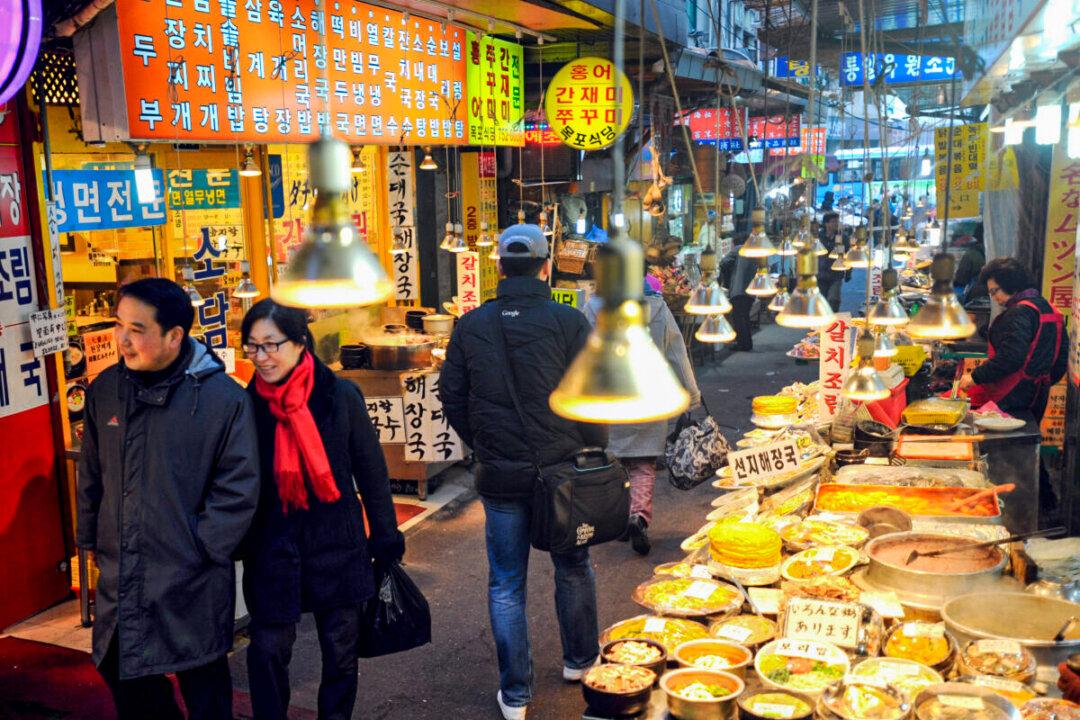South Korea’s consumer price index rose 4.1 percent in March, the highest rate in a decade, up from 3.7 percent in February, government data showed on Tuesday.
The 4.1 percent increase is the highest since December 2011, when prices surged 4.2 percent year-on-year, Yonhap News Agency (YNA) reported, citing data from Statistics Korea.





